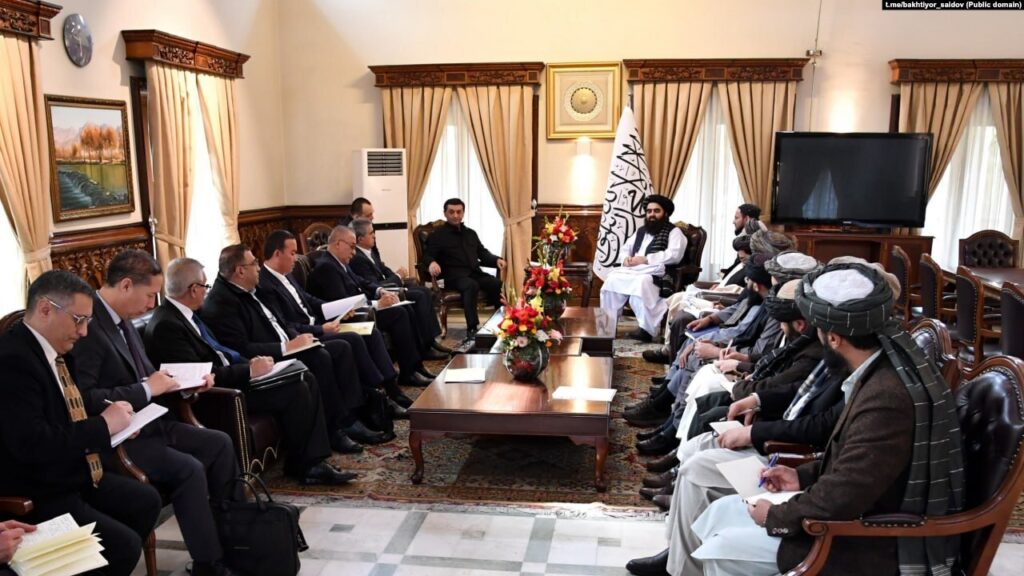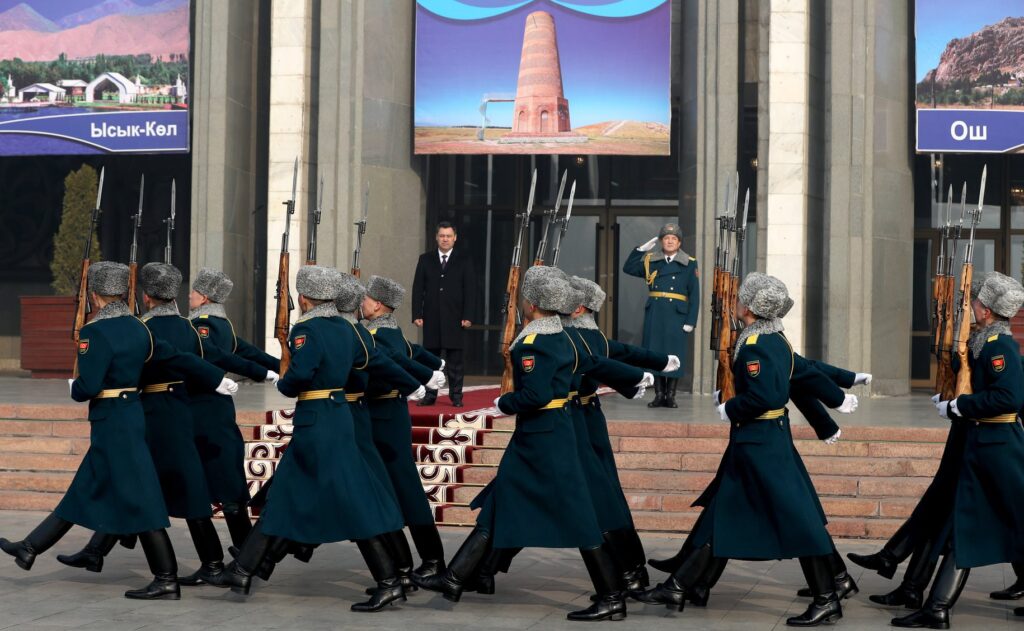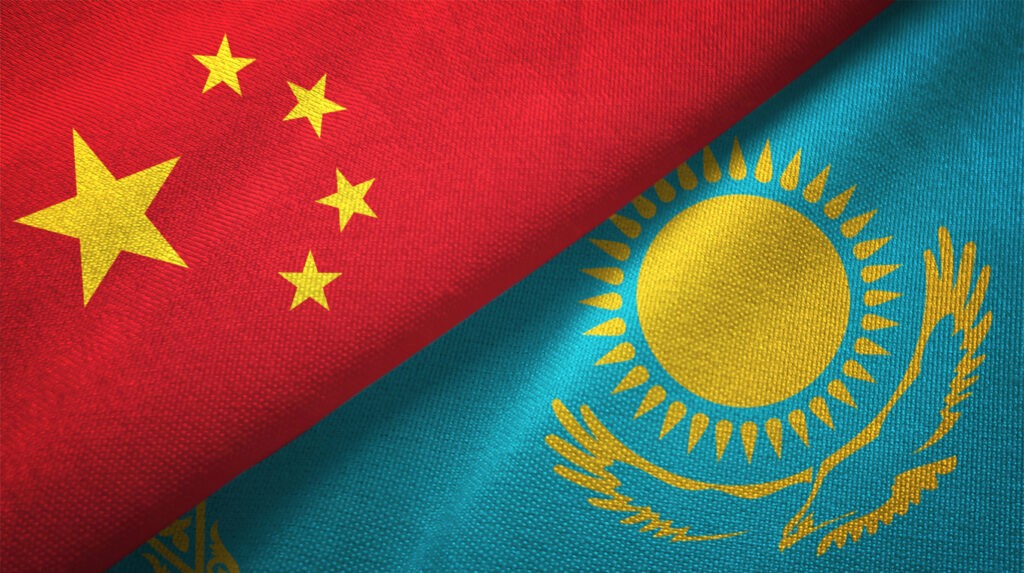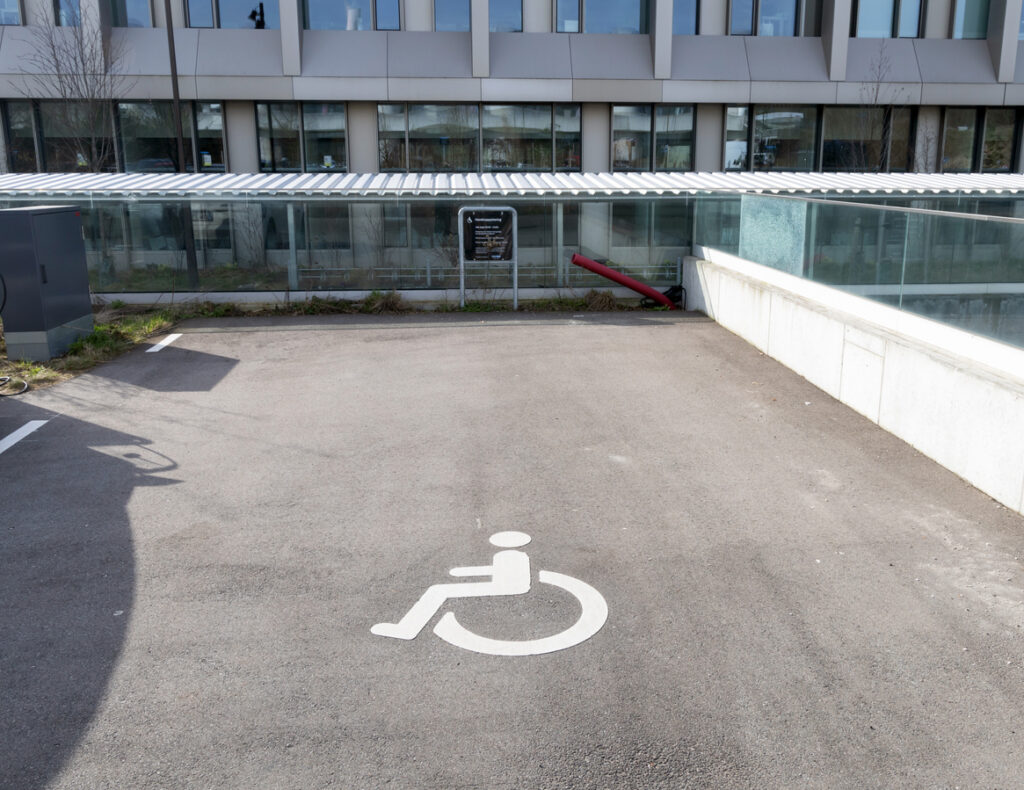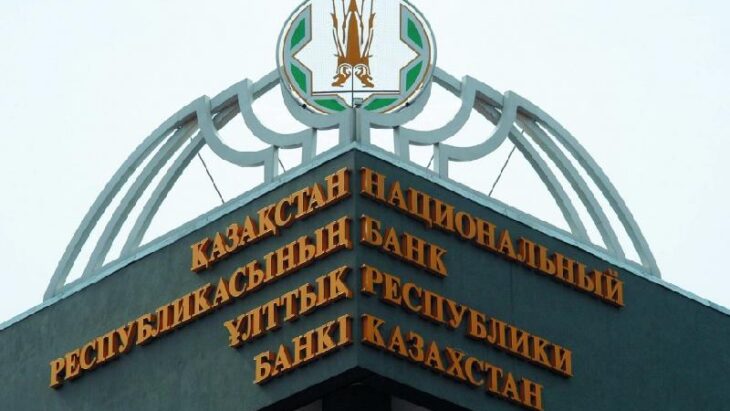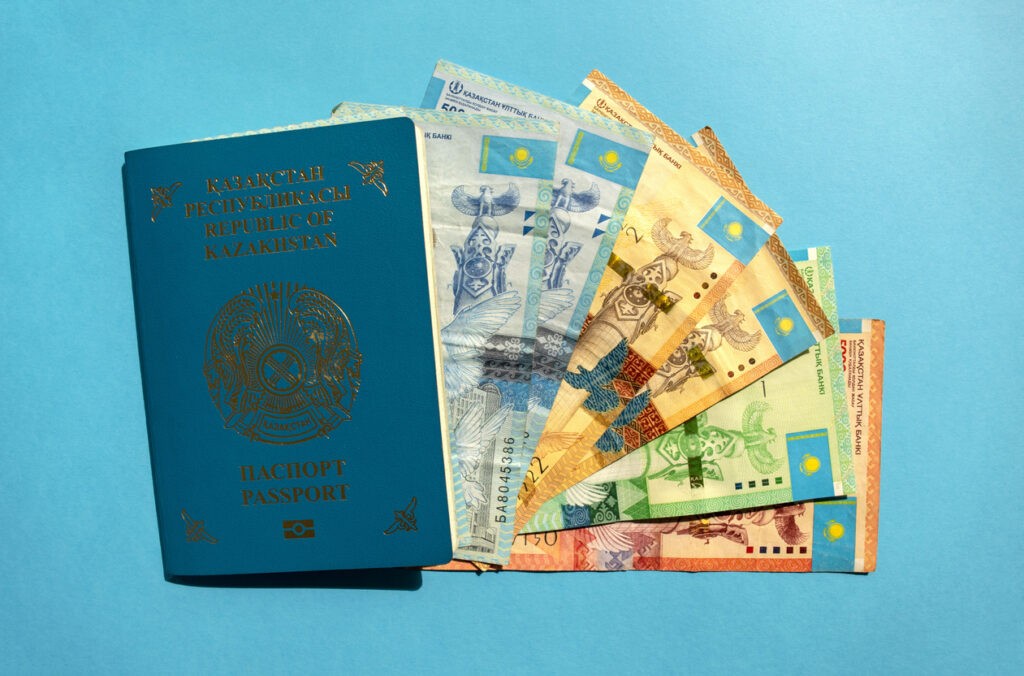Lyazzat Usenbekova, director of consumer protection at the Association of Financiers of Kazakhstan, conducted calculations to find out what percentage of Kazakh citizens have debt obligations, concluding that "more than 90% of those who actively participate in the economic life of the country bear the burden of credit obligations on their shoulders." Usenbekova specified that this percentage applies to those who are indebted to credit organizations. At the same time, the structure of loans reveals interesting details: according to her data, almost a third of citizens take out loans for relatively small amounts, meaning no more than 500,000 tenge ($1,115). However, they account for only 1.7% of the total loan portfolio of individuals. Meanwhile, 5% of Kazakhs have debts over 10 million tenge ($22,290), and their share in the total volume of loans accounts for 42.3%. "It may seem that loans for large sums are a cause for concern, but before issuing such loans, clients are carefully checked for their ability to pay, their debt load and other aspects," Usenbekova emphasized. Usenbekova also looked at the category of loans under 300,000 tenge, suggesting they are probably for consumer needs. "Such loans are often interest-free and, with proper borrower discipline, should not cause serious difficulties with repayment," she explained. But there is no perfect picture yet, Usenbekova stated, stressing the need to improve people's financial literacy and their responsibility to their debts. Majilis (lower chamber of parliament) representative, Tatyana Savelyeva assessed the prospects of enacting changes envisaged by the draft law on minimizing risks in lending and protecting borrowers' rights. "We are likely to see real results in a few years, when these innovations begin to operate. For example, in debt regulation. By then we will be able to objectively assess their effectiveness," Savelyeva opined. The proposed bill to protect the rights of borrowers provides for a ban on the transfer of debts to collection agencies within 24 months of the start of delinquency and for debt settlement procedures that exclude fines, penalties and commissions.


